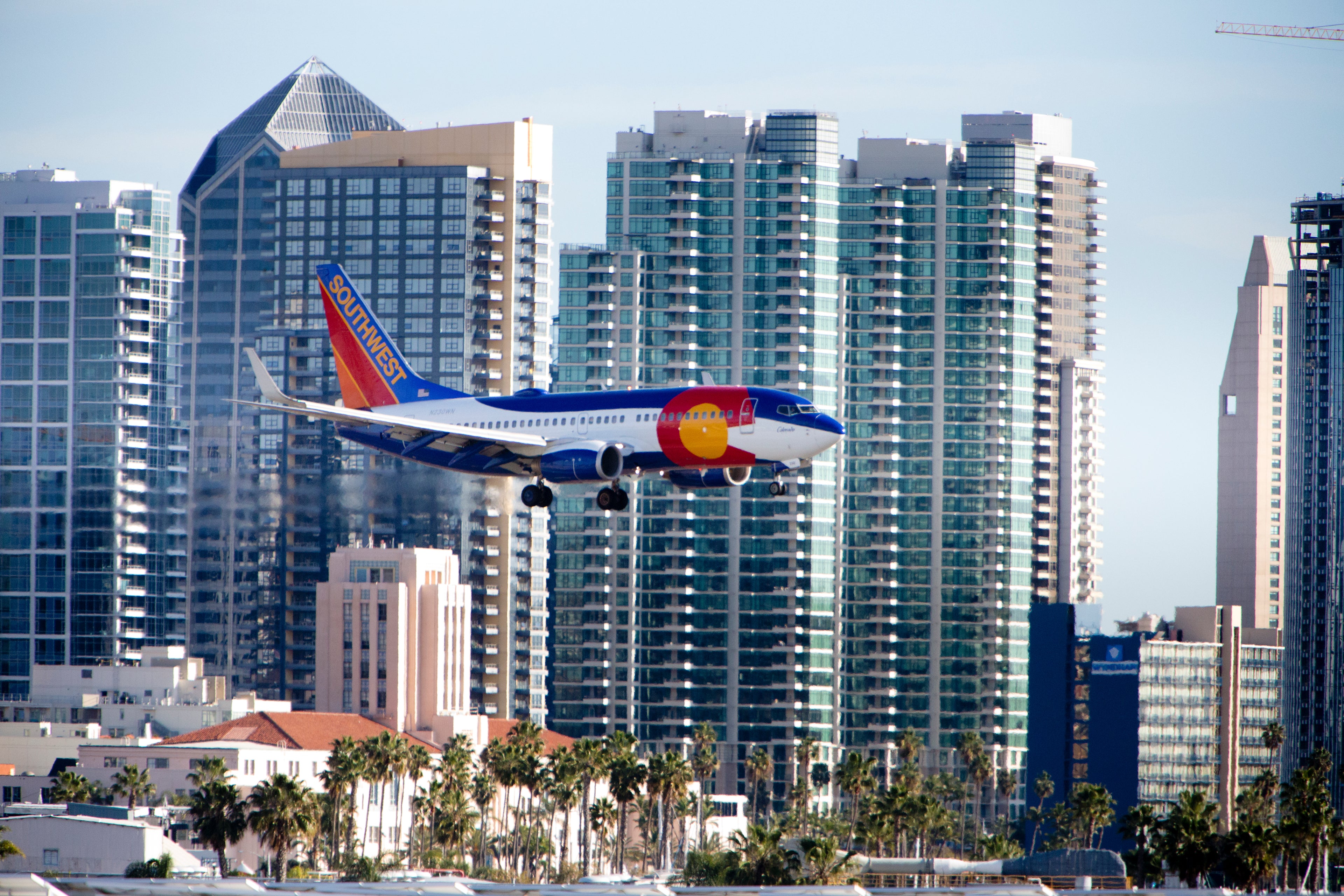No furloughs for Southwest in 2020, thanks to nearly 17K voluntary departures
Southwest Airlines got a leg up in its efforts to avoid the first-ever involuntary furloughs in its nearly 50-year history. Nearly 17,000 staff say they're willing to leaving the carrier in order to help it weather the coronavirus pandemic.
The Dallas-based carrier had nearly 28% of its staff, or 16,895 of its roughly 60,800 employees, agree to take either voluntary exit or extended unpaid time off packages, Southwest CEO Gary Kelly told staff in a message on July 20 shared with TPG. The departures are part of a larger effort by the airline to prune its workforce in response to the crisis.
"I'm very pleased with the response," Kelly said. "It is a bittersweet moment for us for sure."
Sign up for the free daily TPG newsletter for more airline news!
Then, on Thursday, July 24, Kelly shared another memo with some exciting news for the company's employees. In it, he stated that involuntary furloughs won't be needed through the end of 2020. "We have no intention of seeking furloughs, layoffs, pay rate cuts or benefits cuts through at least the end of this year," he wrote.
It's not all optimism though. Kelly did caution that Southwest "can't guarantee it will never happen, especially during these dark pandemic times."
But thanks to the nearly 17,000 employees who've signed up for voluntary exits or extended time-off, the airline will be able to maintain its 50-year track record of avoiding mass furloughs.
The employee departures from Southwest, whether permanent or for an extended period, come as many of its peers are also warning staff of possible furloughs. Delta Air Lines sent notices to more than 2,500 pilots — although it finds itself short of flight attendants in July — American Airlines to 25,000 staff and United Airlines to 36,000 employees to date.
U.S. airlines must notify employees of possible furloughs or layoffs at least 60 days before they occur under federal law. Most carriers are expected to make large workforce changes around Oct. 1, or the day after employment protections under the federal coronavirus aid package, or CARES Act, expire.

Southwest, like other airlines, has seen the return of flyers stall amid rising COVID infections in the U.S. However, the airline has managed this in past economic crises, including after 9/11 and the Great Recession, although the coronavirus crisis is widely acknowledged as being far worse.
Related: Air travel recovery may come slower than expected, with Southwest a likely leader
Although the carrier hoped to fly a "full" December schedule, those plans have changed. During the airline's second quarter earnings call on July 23, Kelly said that Southwest plans to fly about 25% less than it flew at the end of 2019 by December. The flight reductions are still in the works and will be loaded in its schedule over the coming weeks.
"And, if demand is like it is today, that won't be enough," Kelly added in a dour note on the outlook. "We'll have to be smaller."
The recovery in air travel has unequivocally stalled. Every carrier from Delta Air Lines to United Airlines — and now Southwest — have acknowledged that when the resurgence of COVID-19 was leading the news cycle around the July 4 holiday, Americans stopped buying tickets to travel.
Related: Southwest Airlines is cutting more than 100 routes from its 'full' schedule this winter
"The recent rise in COVID cases and increasing regional restrictions on businesses and states requiring quarantine aren't positive developments for our business," Kelly told staff on July 13.
J.P. Morgan analyst Jamie Baker said he is "increasingly convinced" that the recovery will take at least two years — or until 2022 — to return to 2019 passenger numbers, in a report on July 19.
For now, Southwest employees are safe from furloughs. What happens next is anyone's guess — and will likely be tied directly to the recovery in air travel demand.
Related: Airlines may face a tough fall after that summer uptick
Additional reporting by Zach Griff
